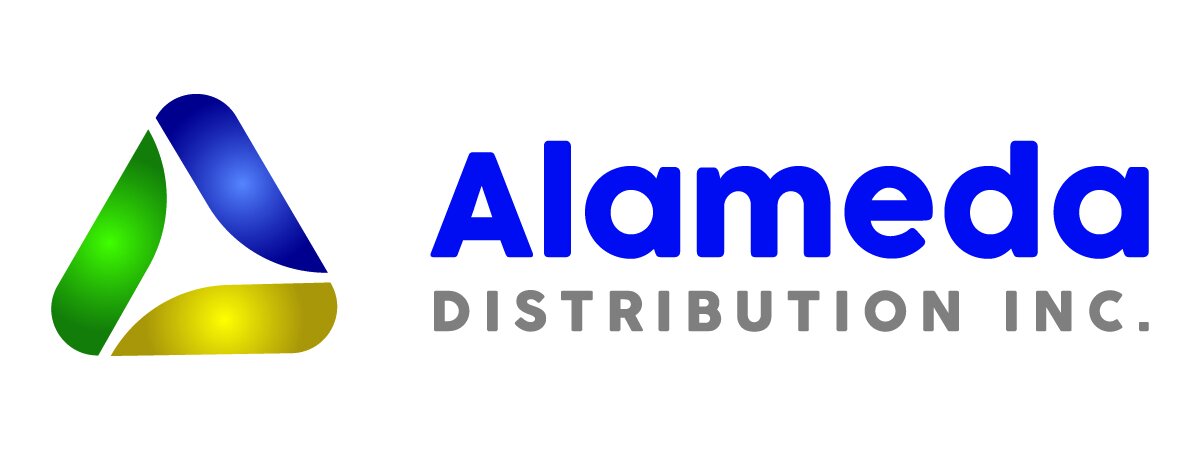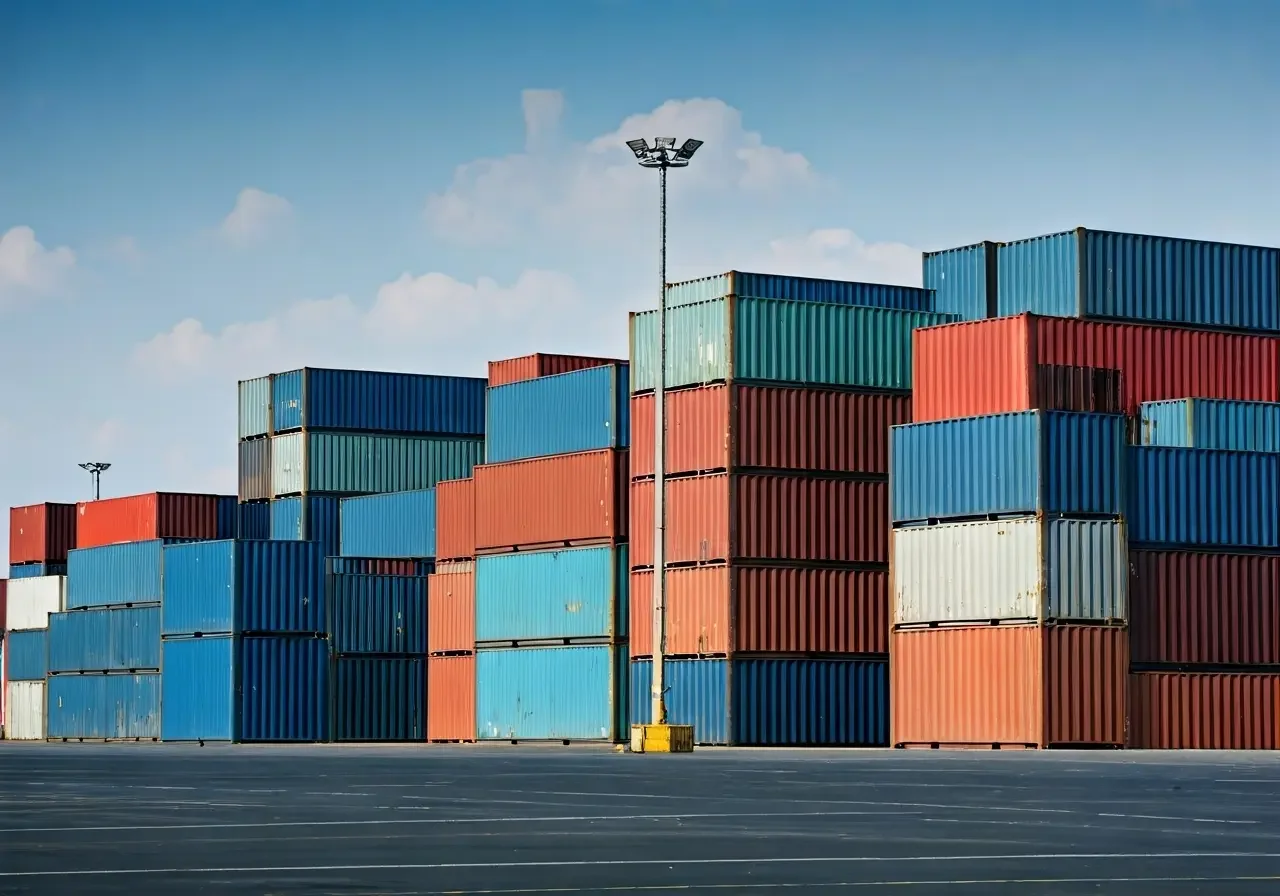10 Tips for Choosing the Best Drayage Companies in Southern California
Navigating the world of drayage companies can seem overwhelming, especially when it comes to choosing the right one in the bustling market of Southern California. To make this task easier, we’ve compiled a list of expert tips designed to guide you toward the best choice for your business needs.
1. Understanding Drayage Services
Drayage involves the transport of goods over a short distance, typically as part of a longer overall move. Understanding these services and their unique challenges is key to selecting the right company. It encompasses moving freight from ports to nearby warehouses or distribution centers, a critical step in the supply chain. The drayage process can be complex, with various regulations and logistical details requiring attention, making the choice of providers particularly important. Without a reliable drayage partner, you could face delays that disrupt entire supply chains.
Do you know that the term 'drayage' dates back to the days of horse-drawn carts known as 'drays'? These carts were used for hauling goods across short distances, much like today's services. While drayage has evolved with advanced technology and modern vehicles, the core concept remains the same. Whether dealing with standard goods or specialized cargo requiring temperature control or hazardous material handling, selecting a skilled company ensures efficient and compliant transport. When faced with the need to handle goods in Southern California, it's important to have a flexible and reliable company on your side.
2. Evaluating the Company’s Experience
Look for a company with extensive experience in the industry. An experienced company will likely have a reliable track record and deep knowledge of best practices in drayage services. Experienced providers tend to better navigate the complexities of regulations and logistics, thus minimizing risks synonymous with drayage operations. Southern California, hosting one of the largest ports in the world, demands operators who are well-versed with local routes and port operations nuances.
An experienced company can offer solutions tailored to your specific needs, whether it’s handling oversized cargo or navigating peak seasons. They can anticipate challenges and provide proactive service, reducing potential disruptions. Those with robust experience often have established relationships with key stakeholders across the supply chain – from port authorities to storage facilities – facilitating smoother, faster processes. Their expertise can save both time and money, giving you the peace of mind that comes with reliability.
3. Checking Their Reputation
Research customer reviews and ratings to gauge the reputation of potential drayage companies. Positive feedback from previous clients can be a good indicator of quality service. In the digital age, online reviews on platforms like Yelp and Google can offer candid insights into the efficiency and reliability of a service provider. Often, these reviews highlight critical aspects such as timeliness, professionalism, and problem-solving abilities, which can help inform your decision.
While online reviews provide valuable snapshots of others' experiences, also consider asking for references directly from the company. Speaking with past clients can give you a more comprehensive view of how the company operates and handles any issues that arise. Also, check if the drayage provider is recognized by accreditation bodies or industry awards. Recognition by industry peers can reflect a provider’s dedication to excellence and customer satisfaction. It's all about ensuring you partner with a company that maintains a robust track record and industry standing.
4. Assessing Cost and Value
While cost is an important factor, ensure that you consider the overall value of the services provided. The cheapest option may not always be the best in terms of service quality. Drayage fees can vary widely depending on the distance, cargo type, and additional services needed. It’s important to obtain a detailed quote that outlines all potential costs, including any possible surcharges for fuel or after-hours operations. By laying out a clear budget plan, you avoid unexpected fees, ensuring the total cost aligns with your financial constraints.
Balancing cost with service quality is crucial. An in-depth look at what each company offers for the price can reveal possible hidden fees or additional services included such as customs brokerage or warehousing. It’s also beneficial to analyze how the company adds value to your operations, be it through faster turnarounds, advanced technology for real-time tracking, or exceptional customer service. Opt for a provider who understands your business's unique needs and ensures all aspects, including contingencies, are covered in their pricing models.
5. Ensuring Compliance with Regulations
Ensure the drayage company complies with both local and federal regulations. Non-compliance can lead to fines and delays, which could impact your operations. Particularly in Southern California, where ports are major economic hubs, compliance with regulations such as emissions standards and customs protocols is paramount. Proper licensing and credentials are non-negotiable since they ensure legal operations and protect you from potential liabilities.
Being proactive about regulation compliance means choosing a drayage company that is diligent about staying current with laws and mandates. In the logistics industry, regulations can change rapidly, impacting how goods are transported and managed at ports. An informed company will have trained personnel who keep abreast of these changes and adjust procedures accordingly, ensuring seamless operations and avoiding costly penalties. Their ability to adapt and comply reflects their professionalism and commitment to high-quality service.
6. Evaluating their Network Reach
A company with a broad network can provide more flexibility and efficiency. A wide network ensures that the company can handle different routes and cargo types effectively. Whether you are handling time-sensitive shipments or bulk cargo, network reachability can influence transit times and the availability of emergency support. Larger networks often indicate stronger partnerships with shipping lines, rail companies, and other logistics providers, offering additional flexibility and potentially better prices.
Network reach doesn't just mean operating in many areas; it also implies being well-connected within each operation area. A drayage company that maintains good relationships with port facilities, rail depot handlers, and local transportation agencies can ensure smoother transactions and fewer delays. Evaluate how well-connected a provider is not only within Southern California but also in surrounding regions if your operations demand wider geographic coverage. This connectivity adds a layer of reliability that supports your logistics framework robustly.
7. Analyzing their Technological Capabilities
Inquire about their use of technology to enhance operations. Companies that leverage technology can offer better tracking, reporting, and consistency. Technological enhancements such as GPS for real-time tracking, automated notifications for shipment status, and digital document management streamline operations, leading to increased visibility and faster issue resolution. For instance, advanced tracking systems can provide updates on shipment locations, allowing you to plan better and mitigate potential delays proactively.
A forward-thinking drayage company invests in technology that automates and optimizes operations, which can directly benefit you in terms of efficiency and reliability. Look for providers utilizing cutting-edge technologies, including the Internet of Things (IoT), which can give you deeper insights into cargo conditions and route optimization. Additionally, technology-enhanced operations typically mean robust data management, allowing companies to analyze trends and improve services continuously, ultimately supporting your supply chain with superior transparency and control.
8. Understanding the Level of Customer Service
Good customer service can make a big difference. A company that values communication and responds promptly to inquiries can help resolve issues quickly and efficiently. Dedication to superior customer service reflects a company’s commitment to its clients, where transparency and honest communication are prioritized. A drayage provider who takes the time to understand your business needs, keeps you informed, and is attentive to your concerns will likely provide a more satisfying experience.
Timely resolution of issues is crucial in logistics, where delays can generate fees and potentially damage business relationships. Assess how readily available their customer service team is and how efficiently they address concerns. Companies with a high-caliber customer service team usually have systems in place that ensure accountability and consistent follow-up, leading to quick problem-solving and a trustworthy partner. Such qualities are essential in the fast-paced logistics environment, where adaptability is key.
9. Considering Environmental and Sustainability Efforts
Look for companies that prioritize sustainability and environmental responsibility. This can enhance your brand's image and contribute to global eco-friendly efforts. With increasing pressure from industry stakeholders and consumers to go green, choosing a drayage company that adopts environmentally friendly practices can be an asset. In California, measures like reducing carbon emissions and utilizing energy-efficient fleets reflect a company’s alignment with regional sustainability initiatives.
Additionally, many companies are now investing in alternative fuel technologies and optimizing route efficiency to lessen their environmental footprint. Ask about practices such as waste reduction, recycling programs, and the use of eco-friendly materials. Partnering with a company that places a high value on sustainability not only contributes to environmental preservation but also aligns with corporate responsibility goals. In the long term, such partnerships can enhance your brand's reputation as a conscientious industry player, instituting sustainable logistics practices as a core business value.
10. Negotiating Contract Terms
Before finalizing a decision, closely review and negotiate contract terms to ensure they align with your business needs and offer protection for various scenarios. Pay close attention to clauses concerning delays, additional charges, and liability provisions. With comprehensive contract terms, you solidify expectations and guard against unexpected disruptions. Drafting precise contract agreements also reduces misunderstandings that can arise during operational execution.
Engaging legal counsel in the review process can provide further protection and peace of mind. Skilled professionals can ensure that legal obligations are met, and that the terms reflect your best interests. Effective negotiation involves going beyond upfront costs to address potential challenges related to unforeseen circumstances and renegotiation clauses. A meticulously crafted contract can serve as a strategic tool, offering clear pathways for addressing performance issues and redefining terms as business needs evolve.

